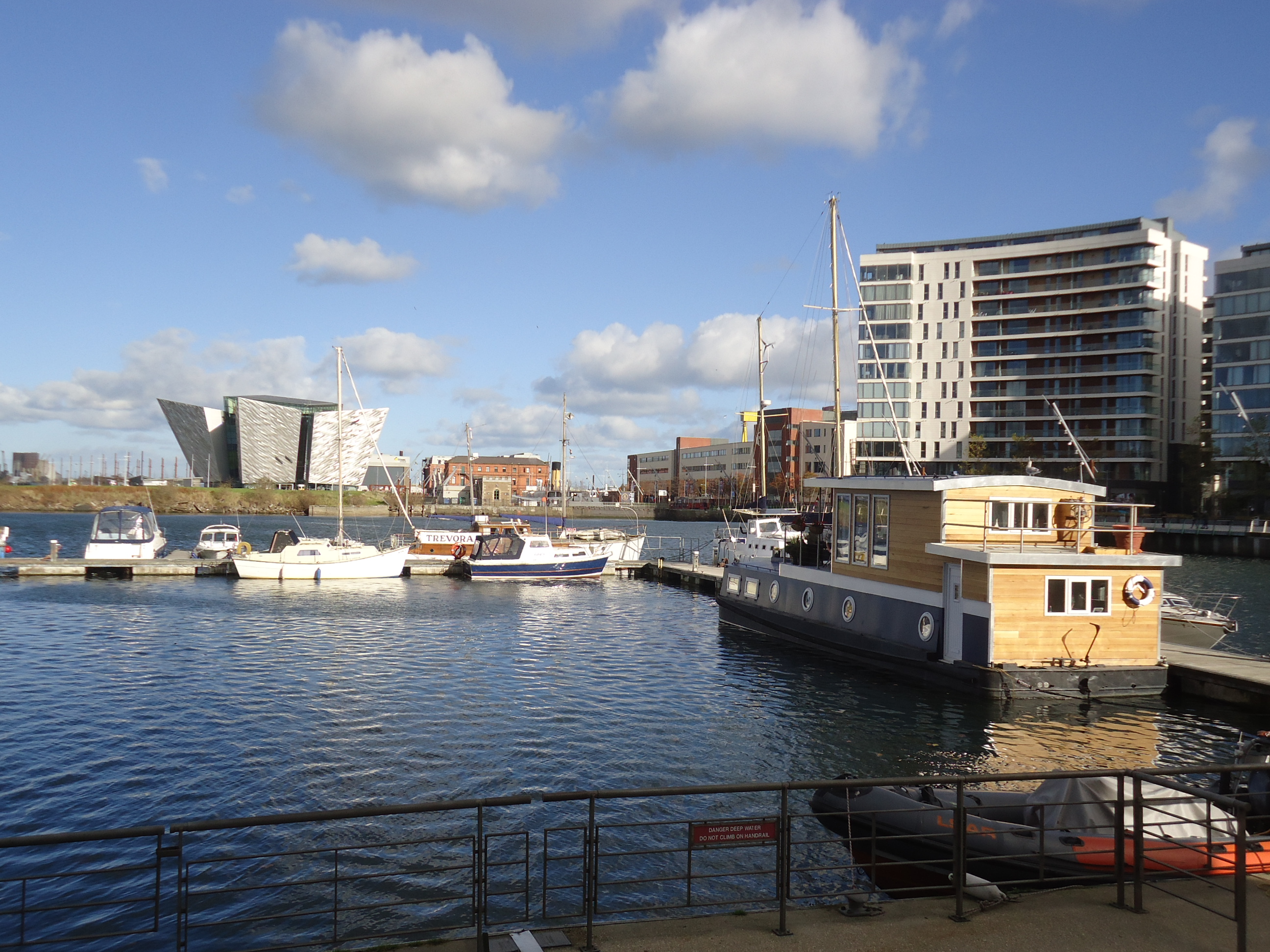The Patriot Game
Today I went to see a documentary with my friend Sophie. It was by a man from New Jersey, Arthur MacCaig, who was living in Paris in the late 60s, early 70s. He was so moved by the deplorable conditions faced by the people living in Catholic ghettoes in Northern Ireland that he filmed street scenes (riots, bombings, police brutality) for something like 10 years before the 1978 release of the documentary.
The film is told from a Republican point of view--i.e. it is sympathetic to the IRA. I have never been sympathetic to the IRA because of its indiscriminate violence--not only targeted at the public but also at its own community. People disappeared for suspected infidelity to the cause, that kind of thing.
The documentary forced me to question what I think I know about the conflict. For instance, it said that the police did not publicise bomb threats that were called in by the IRA. That the police wanted blood on the IRA’s hands to deprive them of community support. The British played a very dirty hand in N.I.--abetting the inherent bigotries of the loyalist majority--so anything is possible.
My time in Derry for the 50th anniversary showed me that those behind the civil rights movement felt an armed struggle was pointless--that the rights sought by Catholics were achievable without turning Northern Ireland into a war zone--possibly through intervention by the British. I have to agree with that. Yes, the loyalists were not going to give an inch--the footage of Ian Paisley is hard to watch. Protestants had gone a long way down the rabbit hole of “othering” Catholics. But when you resort to the gun, the escalation that results is devastating for all sides. Had the IRA not mounted a violent campaign, could John Hume have continued to build a middle that would hold--moderate Protestants and Catholics building a future for all Ulster. Rather than the tribal politics that still hold, as insecure people move to the extremes (DUP and Sinn Fein).
One of the sad realities of Northern Ireland is the lack of an agreed narrative about the past. Each side plays the victim, each blames the other, each has its heroes-slash-terrorists, each has its maimed and dead. The practical outworking of this situation is, for example, the families of innocent men killed by paramilitaries or the British army have not received compensation. Because defining who is a victim quickly becomes an issue. What if your breadwinner was in the paramilitaries and was shot by the opposing side? Should that family get compensation? I think there’s a committee somewhere that’s spent a decade or more working on this issue.
On a sunnier note... a final photo from yesterday’s walk around the Titanic quarter. I liked this houseboat in Belfast marina. It is amazing to see what a vibrant and well-heeled city Belfast is today after looking at the devastation of the 1970s (which continued up until the 1998 Good Friday Agreement).
10-28
